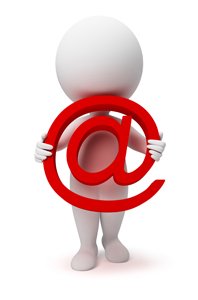A recent study released by the Association of Retired Persons (AARP) gives us a snap shot of self-employment among older adults. In effect the self-employed are business owners, even if they are the only employee in the business.
The study looks at all workers 45 to 74 years of age. Of these, 15%e are self-employed. But thousands of others are poised to join their ranks. According to the study, 10% of older wage-earners plan to start a business once they retire.
Among these older entrepreneurs, men start more businesses than women, but only by a slight margin (53% versus 47%). This is proportionate to the distribution of men and women in the American workforce, where the percentage of women is also about 47%.
What is particularly striking is that encore entrepreneurship is a lifestyle chosen predominantly by whites. In more than 80% of the cases, "later-in-life" startups are begun by whites. Blacks, by contrast, account for only ten percent of these startups, and Hispanics account for a mere seven percent.

The businesses in this study were generally quite small. Eighty-three percent of them had fewer than ten employees. This accords with census data which suggests that three-fourths of American businesses have only one employee, the owner.
Of all businesses owned by people 50 or older, about 20% were begun by someone in retirement. Another 30% were launched by someone who had lost a job.
Overall these businesses are reasonably profitable. Seventy-two percent of them reported a profit in 2011, in spite of a struggling economy.
In addition, encore entrepreneurs are an optimistic lot. Only one in ten foresees the possibility having to give up self-employment because of income challenges.
As for where the self-employed perform their work, the report shows no clear preference for operating a business from home or basing it elsewhere. While the number of home-based businesses in the study was a bit larger, the split was basically 50-50.
The fuller report, which goes on to compare differing outlooks and attitudes between the self-employed and those who are salaried, can be downloaded from the AARP website.





 First, because they hand me a business card printed on an ink jet printer using relatively light-weight card stock bought in sheets of eight cards per page at an office supply store.
First, because they hand me a business card printed on an ink jet printer using relatively light-weight card stock bought in sheets of eight cards per page at an office supply store.